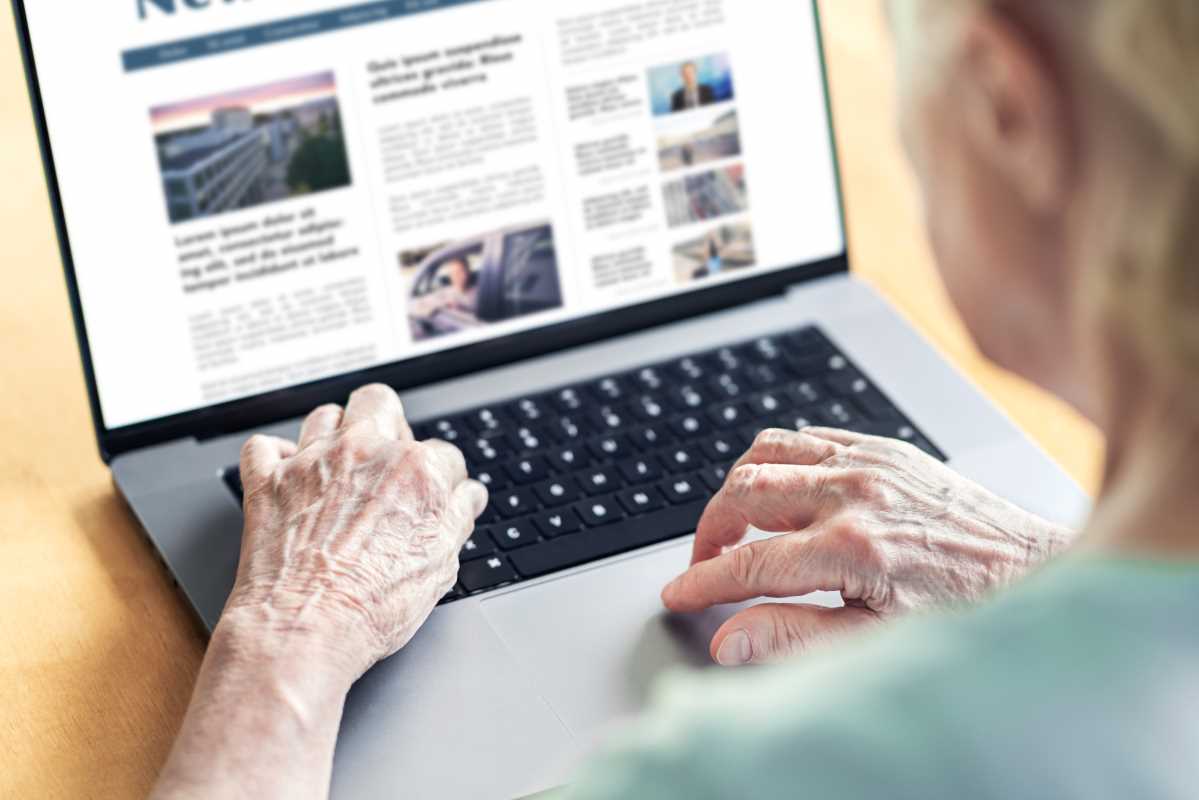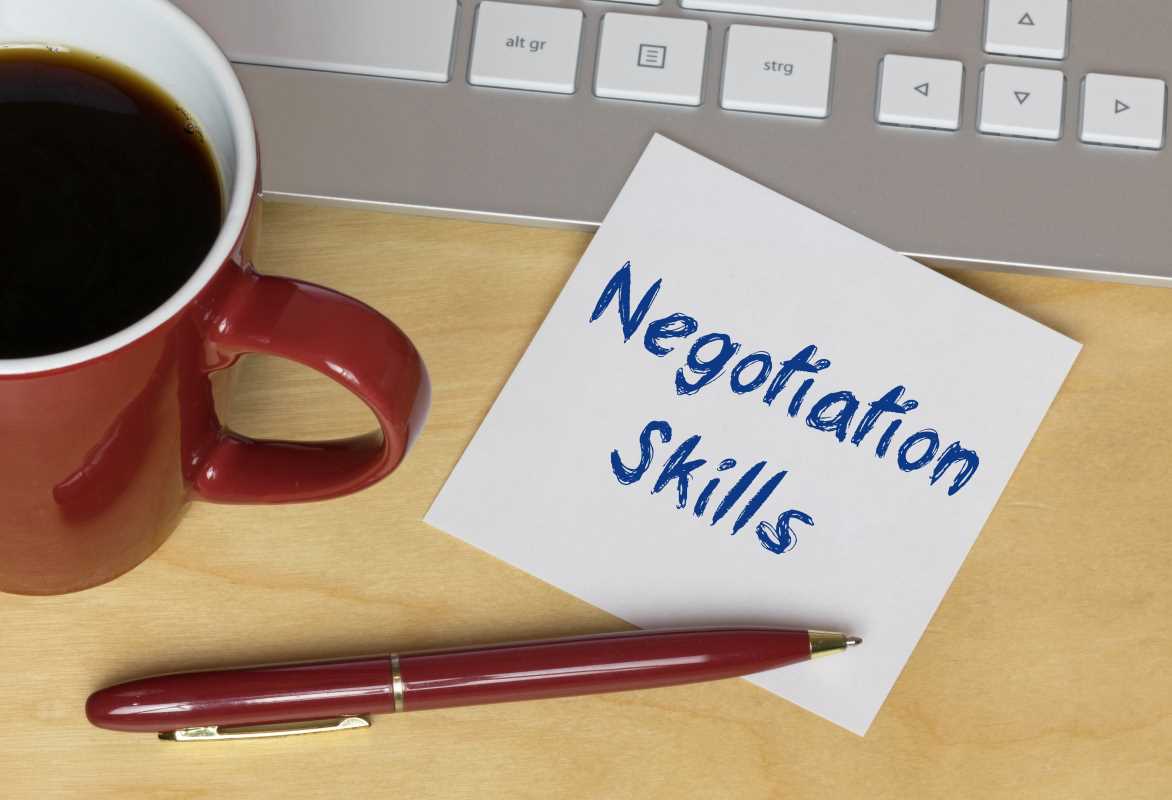Many people associate critical thinking with academic debates or complex scientific problems. It can seem like a lofty, abstract skill reserved for scholars and strategists. In reality, critical thinking is one of the most practical tools you can possess for navigating the challenges and decisions of everyday life. It is the disciplined process of actively and skillfully conceptualizing, applying, analyzing, and evaluating information. From deciding what news to trust to solving a household problem, applying critical thinking skills empowers you to look beyond the surface. It helps you make clearer, more informed choices, avoid common pitfalls, and approach situations with a sense of clarity and confidence that reduces stress and improves outcomes.
What Is Critical Thinking, Really?
At its core, critical thinking is about not taking information at face value. It is the deliberate act of questioning, analyzing, and evaluating what you see, hear, and read. A critical thinker is curious, skeptical, and open-minded. They seek to understand the "why" behind things, identify potential biases, and distinguish between fact and opinion. This is not about being negative or cynical. It’s about being a discerning and thoughtful consumer of information. Developing these skills is essential for effective everyday problem-solving and making sound judgments in a world saturated with data, opinions, and persuasive messages.
Evaluating Information in the Digital Age
We are constantly bombarded with information from social media, news outlets, and advertisements. The ability to critically evaluate this information is a fundamental life skill. Without it, we are susceptible to misinformation, scams, and poor decision-making.
Question the Source
Before you accept a piece of information, take a moment to consider its source. Ask yourself: Who created this content? What is their expertise or potential motive? Is the source reputable, or is it a known purveyor of biased or sensationalized content? For example, a health claim from a peer-reviewed medical journal holds more weight than one from an anonymous blog post promoting a product. Developing the habit of source-checking is your first line of defense against false information.
Look for Evidence and Logic
A critical thinker doesn’t simply accept claims, but they look for the evidence that supports them. When presented with an argument, examine the reasoning behind it. Is the conclusion logically supported by the evidence provided? Are there any logical fallacies, such as jumping to conclusions or making a generalization from a single example? Be wary of emotional appeals that lack factual support. Strong arguments are built on a foundation of credible evidence and sound reasoning.
Enhancing Your Everyday Problem-Solving
Life is a series of problems waiting to be solved, from fixing a leaky faucet to resolving a conflict with a colleague. A critical thinking approach can transform how you tackle these challenges, leading to more effective and lasting solutions.
Clearly Define the Problem
Often, we jump to solutions before we fully understand the problem. Albert Einstein once said that if he had an hour to solve a problem, he would spend 55 minutes thinking about the problem and 5 minutes thinking about solutions. Before you act, take time to articulate the issue clearly. What is the actual problem, not only the symptom? For instance, feeling constantly rushed in the morning is a symptom. The real problem might be poor time management or an inefficient routine. A precise problem definition guides you toward a more relevant solution.
Brainstorm and Evaluate Multiple Solutions
Once the problem is clear, resist the urge to settle for the first solution that comes to mind. Engage in brainstorming to generate a range of possible options. Consider the potential pros and cons of each one. What are the short-term and long-term consequences? Who will be affected by this decision? This deliberate evaluation process is a key part of effective decision-making strategies. It allows you to move beyond an impulsive reaction and choose a course of action that is well-reasoned and more likely to succeed.
Making Better Personal and Financial Decisions
Your critical thinking skills are invaluable when it comes to making significant life choices, particularly those involving your finances and well-being. These decisions often have long-term consequences, making a thoughtful approach essential.
Recognizing Cognitive Biases
Our brains use mental shortcuts, or heuristics, to make decisions quickly. While often useful, these can lead to systematic errors in judgment known as cognitive biases. For example, confirmation bias is the tendency to favor information that confirms our existing beliefs. The bandwagon effect is our inclination to do or believe things because many other people do. Being aware of these common biases is the first step toward overcoming them. When making an important decision, consciously ask yourself if your judgment is being clouded by a bias. This self-awareness is a hallmark of a mature critical thinker.
Applying Critical Thinking to Purchases
Consider how you can apply these skills to a major purchase, like a car. A non-critical approach might involve choosing a car based on its color or a flashy advertisement. A critical thinker, however, would define their needs (e.g., fuel efficiency, safety, cargo space), research different models from objective sources, compare prices, and weigh the long-term costs of ownership. This methodical process ensures the final choice is based on logic and suitability, not merely emotion or marketing, leading to greater satisfaction and avoiding buyer's remorse.
 (Image via
(Image via





